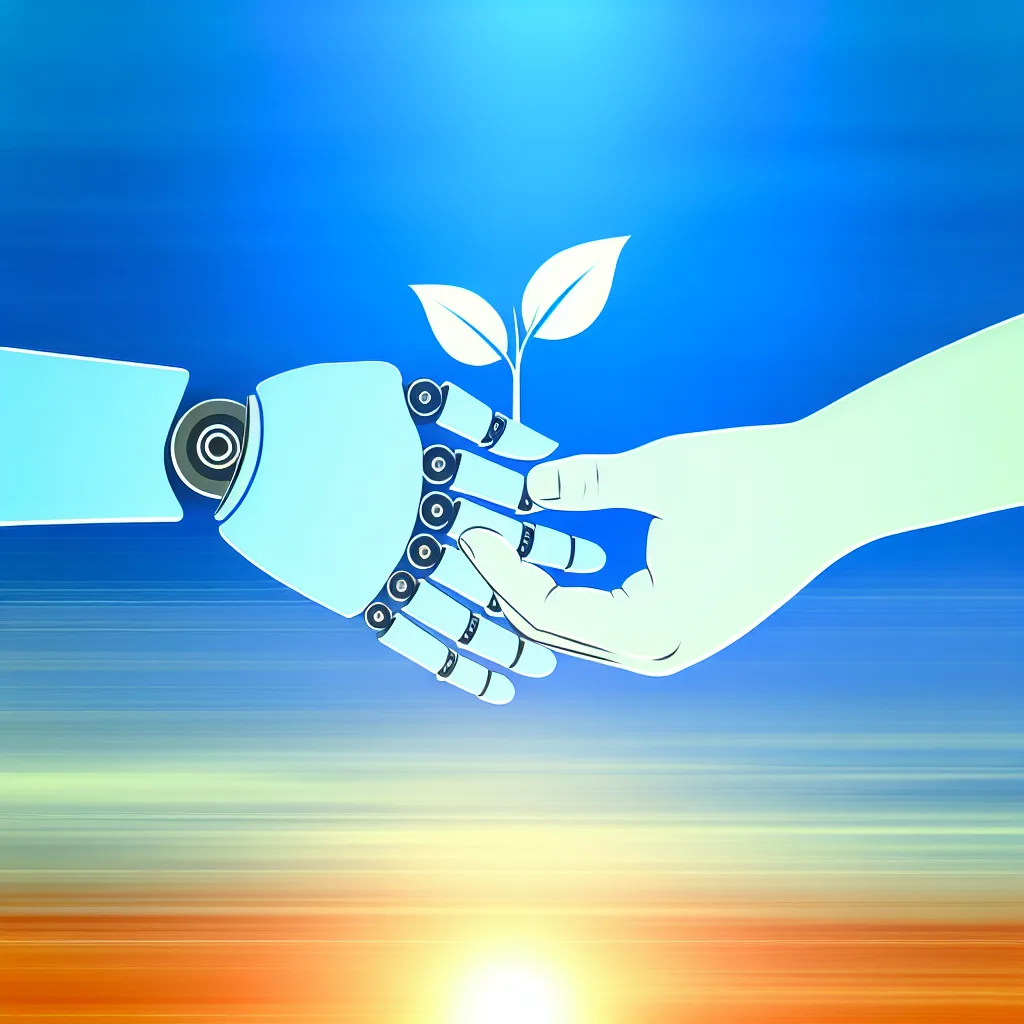It’s the question everyone’s asking. Let’s explore the careers that are most likely to survive—and even thrive—in the age of AI.
I was grabbing coffee the other day and overheard a couple of college students at the next table. One of them asked, “But seriously, will my degree even matter in ten years? Or will a robot be doing my job?”
It’s a question I hear all the time, and it’s a completely valid one. With AI developing at a dizzying pace, it’s natural to feel a little anxious about the future. So, let’s talk about it. What are the truly AI proof jobs? While no one has a crystal ball, we can make some pretty good guesses based on what AI is good at… and what it’s still terrible at. The answer isn’t about finding a single magic career, but understanding the types of skills that will always be in demand.
The Hunt for AI Proof Jobs: What to Look For
First off, let’s get one thing straight. AI is incredible at recognizing patterns, processing massive amounts of data, and automating repetitive tasks. It can write code, analyze spreadsheets, and even generate marketing copy. But it has its limits.
The key to finding a future-proof career lies in focusing on skills that are uniquely human. Think of it this way: AI struggles with tasks that require:
- Complex physical dexterity in unpredictable settings. A robot can assemble the same product a million times in a factory, but can it fix a weirdly leaking pipe in a cramped, unfamiliar crawlspace? Not really.
- Deep empathy and human connection. Can an AI offer a comforting word to a scared patient or manage the complex social dynamics of a kindergarten classroom? Not with any genuine understanding.
- High-level strategic thinking and creativity. AI can generate a thousand ideas based on existing data, but it can’t craft a truly original business strategy or create a piece of art that reflects a unique human experience.
When you start looking at careers through this lens, a clearer picture of job security begins to emerge.
Exploring Potential AI Proof Jobs for the Future
So, where should you focus your energy? Instead of just a list, let’s look at a few core areas where humans are likely to keep the upper hand for a very long time.
1. The Skilled Trades
This is probably the most-cited category, and for good reason. Plumbers, electricians, welders, and HVAC technicians are masters of real-world problem-solving. Their work requires them to adapt to constantly changing environments. Every house is different, and every problem requires a unique mix of critical thinking and hands-on skill. A robot simply lacks the physical adaptability to do this kind of work effectively. The world will always need people who can, you know, actually fix things.
2. Healthcare and “High-Touch” Professions
Think about the role of a nurse, a physical therapist, or an elder care worker. A huge part of their job isn’t just administering medicine or running tests; it’s about providing comfort, building trust, and offering emotional support. This is the human touch, and it’s something that can’t be automated. As populations age, the demand for compassionate healthcare professionals is only going to grow. We want people taking care of people. It’s that simple. According to reports like one from Goldman Sachs, while some administrative tasks in healthcare may be automated, direct patient care remains a resilient field.
3. Creative and Strategic Leadership
Yes, AI can generate images, write text, and even compose music. But it’s remixing and reinterpreting what it has already learned. True creativity—the kind that launches a new artistic movement or develops a groundbreaking business strategy—comes from human experience, intuition, and a deep understanding of culture. Roles like art directors, senior business strategists, and scientists who are asking novel questions will continue to be driven by human ingenuity.
Don’t Just Fear AI—Work With It
Perhaps the best strategy isn’t to find a job that’s completely separate from AI, but one that works in tandem with it. The rise of AI is creating entirely new career paths that didn’t exist a few years ago. The World Economic Forum has highlighted that AI and machine learning specialists are among the fastest-growing roles.
Think about roles like:
- AI Prompt Engineers: People who specialize in “talking” to AI to get the best possible results.
- AI Ethicists: Professionals who help guide the responsible development and deployment of artificial intelligence.
- Data Scientists: The experts who train, manage, and interpret the data that fuels AI systems.
Instead of AI taking jobs, in many cases, it will transform them. The people who learn how to use AI as a tool to enhance their own skills will become invaluable. A graphic designer who uses AI for brainstorming or a financial analyst who uses it to spot trends faster will be far more effective than someone who ignores the technology altogether.
So, what’s the takeaway? The future of work isn’t about robots taking over. It’s about a shift in the skills we value. Stop worrying about finding a single “safe” job title. Instead, focus on building your uniquely human skills: creativity, critical thinking, emotional intelligence, and adaptability. Those are the things that will not only secure your career but also make you irreplaceable in an automated world.
